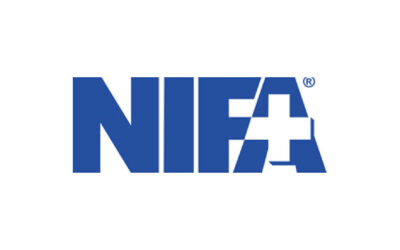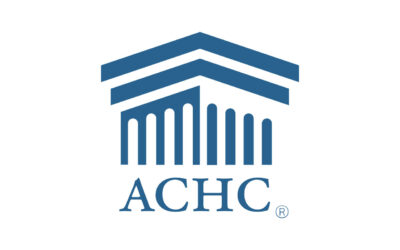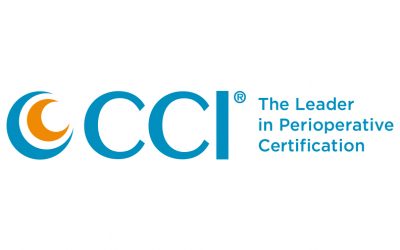
By James X. Stobinski, Ph.D., RN, CNOR, CSSM (E)
The Competency and Credentialing Institute (CCI) has long engaged with its accreditation bodies and membership organizations in volunteer service. We continue that assistance currently with volunteers in senior level positions with both the National Commission for Certifying Agencies (NCCA) and the Accreditation Board for Specialty Nursing Certification (ABSNC). Recent developments in the ABSNC recertification requirements, which we recognized during our volunteer service, will be the subject of this month’s column.
ABSNC, in its 2019-2020 updates, considered a greater use of reflective learning in its accreditation standards.[1] Reflection entails a process of looking back on experiences, “ … to critically appraise what has been experienced via practice.”[2]. However, there was considerable resistance to this proposal. Ultimately, although the use of reflection gets mention in the revised accreditation standards, it is not currently either prominent or mandatory in the standards. A section of Standard 13 of the Accreditation Standards for Examination-Based Certification Programs is instructive here and appears below:
- 13.6 If reflective learning is used in recertification methods describe how self-reflection and a formal or informal self-assessment is used as part of the recertification process to facilitate reflective learning and practice and how it contributes to the goal of the certificants’ continuing competence. (p. 39).
At CCI, we believe that the process of reflection coupled with self-directed learning has value for nursing practice and we are exceeding the largely voluntary conditions of the current Standard 13.6. The Institute of Medicine (IOM) in its seminal 2010 report titled, “Redesigning Continuing Education in the Health Profession,” delineates the possibility for health professions in the use of reflective learning in professional development work.[3] CCI wholly agrees with the IOM in this respect.2 states that reflection aids the process of knowing how to learn, places the learner in charge of their learning and assists the nurse to plan for their career. The process of reflection assumes that the practitioner can best discern their learning needs. CCI agrees.
Consistent with the thinking expressed in that IOM report, CCI is going well past the requirements of its accreditation agencies in making reflective learning a central part of its programs. Perioperative nursing is very much a hands-on profession where we learn in our practice through the accumulation of experience over time. The centrality of experiential learning and the accumulation of expertise has also been written on by Patricia Benner in her book “From Novice to Expert.” The process of reflection dovetails well with clinical experience and can facilitate the uptake of knowledge into practice.
The CSSM credential previously used a regular schedule of testing and assessments in the recertification process. The assessment process used during recertification was decidedly unpopular among certificants and contributed to below average recertification rates. Effective January 1, 2021 we have dashed the assessment process and certificants now write a reflective learning exercise as part of their recertification. A similar process is used in the recently initiated CNAMB credential. While the process is new, we have received considerable positive feedback on these early efforts to incorporate reflective learning.
In July of this year, CCI will launch a new credential, Certified Foundational Perioperative Nurse (CFPN). Reflective learning will be integral for nurses earning this credential. These nurses, early in their career, will document their professional development plans. This credential, once earned, will be verified with digital badging facilitating an unprecedented level of portability and consistency in credentialing. CCI is proud to offer these innovative methods to our certificants and we look forward to sharing more details later this year as we continue the development of the CFPN credential.
References
[1] Accreditation Board for Specialty Nursing Certification. (2020). Accreditation Standards for Examination-Based Certification Programs. Accessed March 7, 2021 at: http://www.absnc.org/accreditation- standards-examination-based-certification.
[2] Helyer, R. (2015). Learning through reflection: the critical role of reflection in work-based learning (WBL). Journal of Work-Applied Management. (1)1. pp. 15-27. DOI 10.1108/JWAM-10-2015-003
[3] IOM (Institute of Medicine). 2010. Redesigning Continuing Education in the Health Professions. Washington, DC: The National Academies Press. Pp. 45-46.









